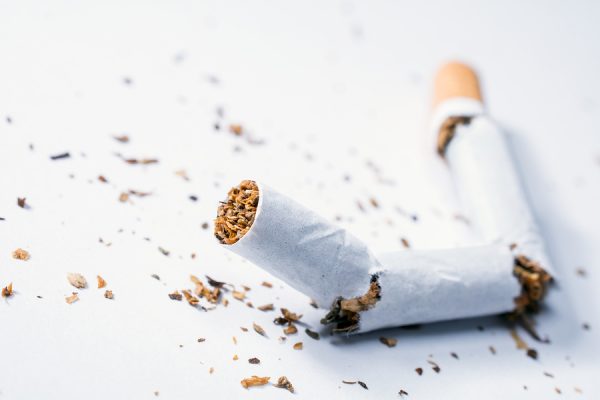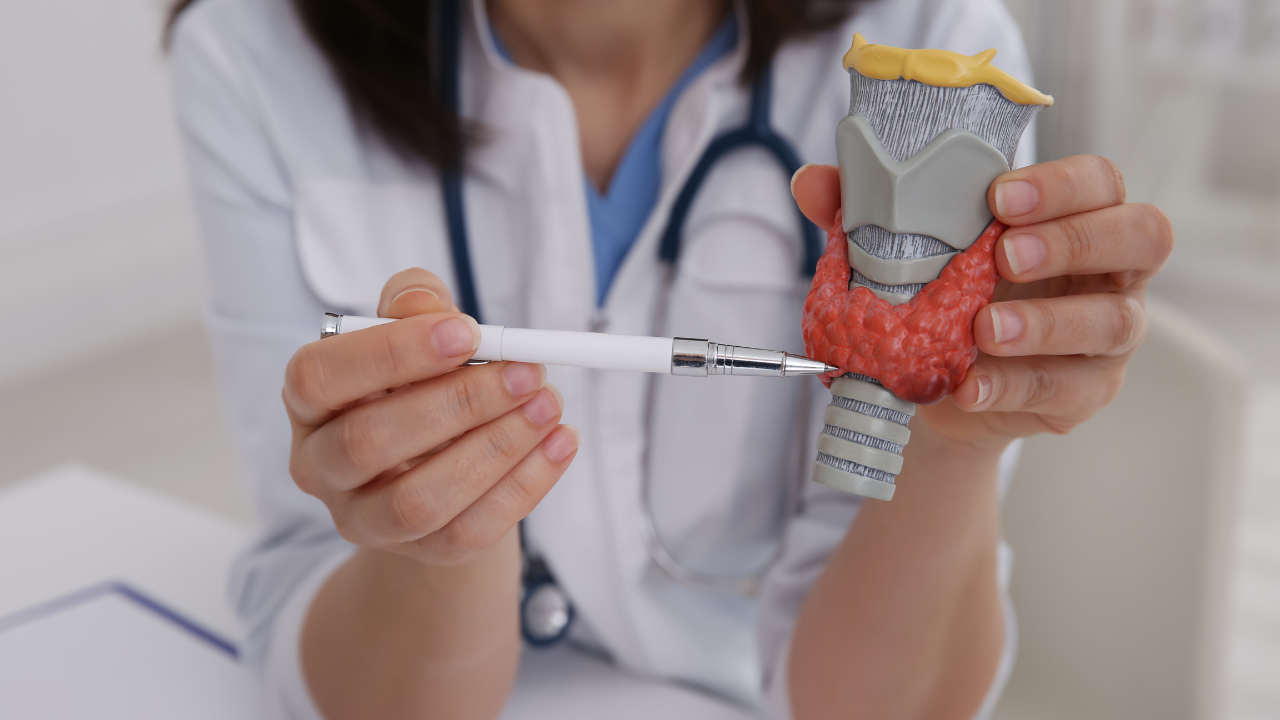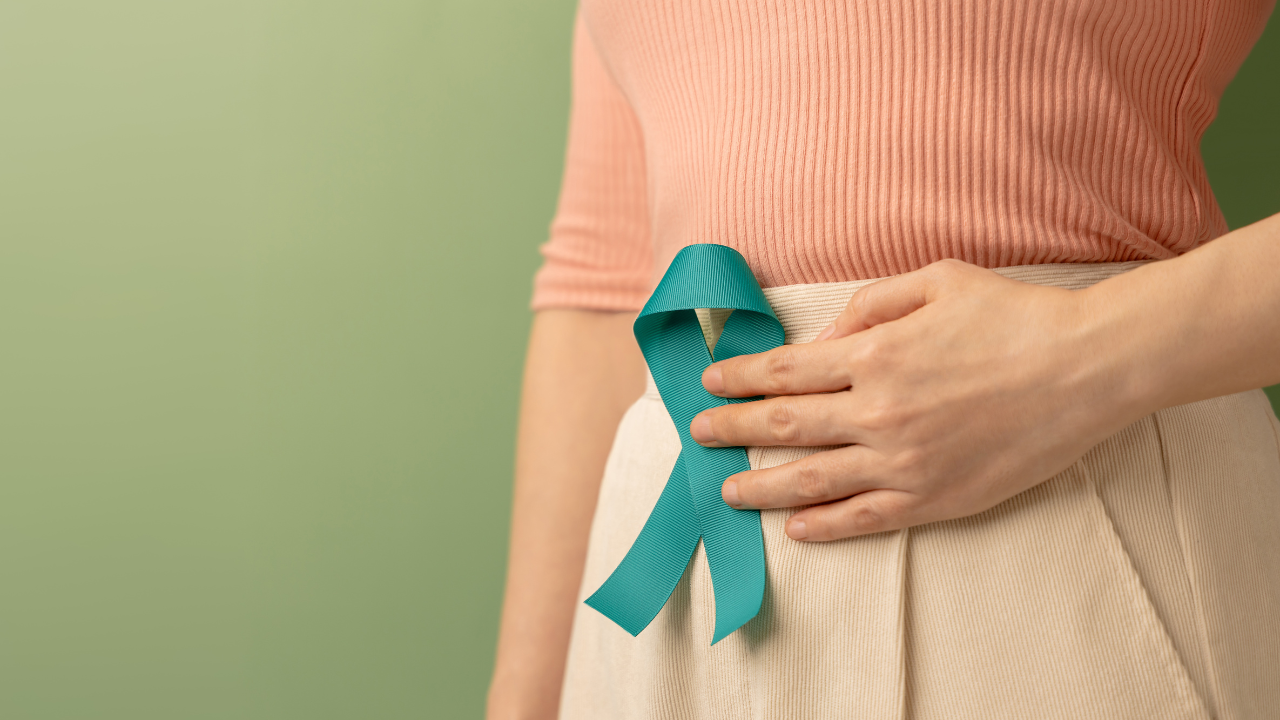No one wants to stay in the hospital longer than they have to, right?
So there’s one very important thing some of us can do to make sure we heal more quickly after surgery, after an injury or after a major dental procedure.
Quit smoking.
“Among tobacco’s many ill effects, one that many people may not be aware of is how much it can impact our body’s ability to heal,” said Christine O’Meara, director of the Georgia Cancer Center’s Office of Cancer Information and Awareness.
Why the impact on healing? Nicotine is a vasoconstrictor, which means it makes our blood vessels narrower. It also causes our platelets—a key blood component—to stick together. Plus, other cigarette smoke byproducts such as carbon monoxide and hydrogen cyanide affect how well our body transports oxygen. Combined, these limit the ability of our blood to effectively carry oxygen throughout our body. And good blood flow and oxygen delivery to our tissues are what helps us heal.
“Think of it as a four-lane highway,” said O’Meara, “and imagine how traffic would slow if tar was poured on the road. It’s the same concept.”
If you can, plan ahead
For many of us, surgery is scheduled early enough so that we have time to plan and prepare. Most experts suggest quitting smoking up to six weeks ahead of surgery and staying smokefree while you’re recuperating to help ensure optimum healing. “Of course, quitting smoking for good helps your body recover from the harmful effects of tobacco and is a boost to your immune system,” said O’Meara.
And consider this: Studies have found that people who smoke have up to 10 times the risk of wounds and/or bones not healing properly after surgery compared to those who do not smoke. Smokers also have four times the risk of infection after surgery since cigarette smoke makes our infection-fighting cells—neutrophils—less effective. More pain—even after wounds or bones have healed—can also occur since cigarette smoke boosts inflammation and affects how we interpret pain signals.
But even if you don’t have six weeks, have emergency surgery, or suffer a severe injury that doesn’t require surgery, don’t think quitting won’t have an impact. Research shows that being smokefree during your recovery period means you are at lower risk for complications.
How smoking affects your mouth and teeth
Oral cancer tends to be the “biggie” when you’re talking about how smoking affects your oral health.
But smoking hurts the health of your mouth in little ways every day too.
We don’t need to elaborate about bad breath if you smoke. But smokers also tend to have more dental plaque on their teeth, which leads to gum disease and cavities—as well as pain and possible dental visits. The ability to heal after dental procedures is impacted too, and studies have even shown that dental implants are twice as likely to fail in smokers compared to non-smokers.
And that meal you’re trying to enjoy? If you smoke, it’s been found that the ability to taste is impacted. About 18 percent of light smokers and nearly a third of heavy smokers report that they don’t taste or enjoy their food as well as they did prior to smoking. Plus, digestion is impacted because smokers produce less saliva, which is an important first step to digesting our food.
It’s a start
The message, of course, is not just to quit before a procedure. Ideally, that could be the starting point for a positive lifelong change, said O’Meara.
“Quitting smoking is one of the single most important steps a person can take to nurture their own health,” she said. “It not only increases your chances of success after surgery, but it also increases your life expectancy, since experts say people who smoke have a 10-year shorter life expectancy. You or your loved ones can quit, and we can help.”





